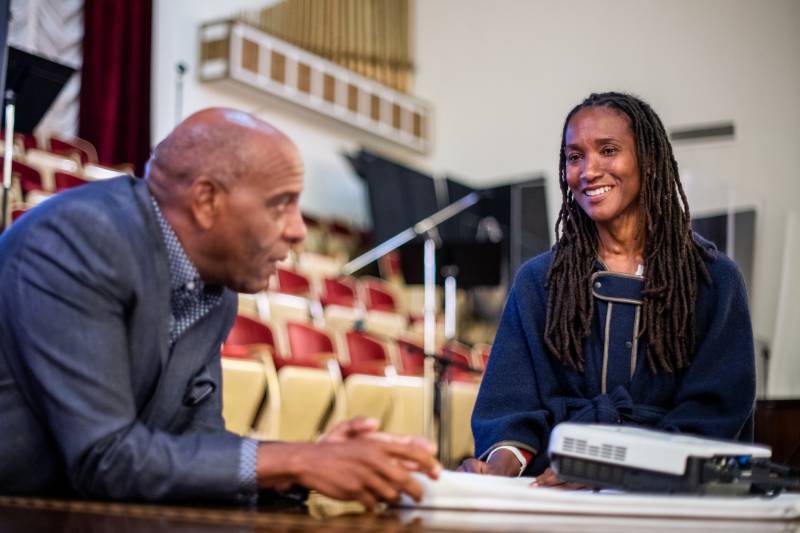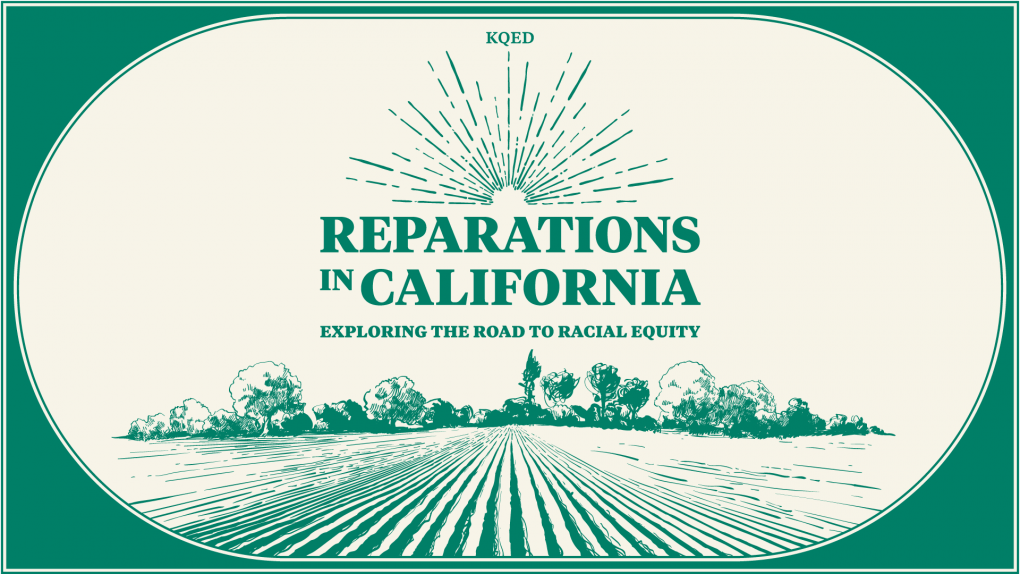Azul Dahlstrom-Eckman: The task force has been meeting for two years now, including public listening sessions. Can you share some of the more notable moments for you over that time?
Lisa Holder: The scale and the scope of the investigation that we undertook is what stands out. As someone who has been a litigator and lawyer for many years, especially litigating cases around equal protection and the 14th Amendment, there’s been tremendous due diligence and an extremely detailed and sound methodology that we took in formulating this reparations package and curating 15 years of scholarship about racial injustice to serve as the scholarly foundation for the legislation that we’re proposing.
It was a massive undertaking, speaking to well over 100 experts from every field and every sector about discrimination in every field and every sector, and also speaking to and engaging with thousands of Black Californians who gave us their anecdotal experience. The fact that we worked with some of the most notable economists in the world. And we had access to brilliant Department of Justice attorneys and researchers from some of the most notable research institutes in the state of California, including the UCLA Ralph J. Bunche Center, and the Berkeley Othering and Belonging Institute. What has been most profound to me about this experience is the level of work, the quality of work and the seriousness and rigor applied to this process.
Were there any particular witnesses that stood out to you, or was there a moment where you felt like there was a really strong connection with the people that were coming to share their stories?
We had several witnesses come and speak to us at hearings, but we also held listening sessions all over the state of California that were facilitated by community-based organizations capturing the stories of Californians. The stories were profound. They were profoundly disturbing, profoundly emotive. And people made themselves very vulnerable in this process in terms of sharing their personal experiences with racism and discrimination and the legacies of inequality.
But one story that resonated with me is the experience of a Black professional who is a homeowner in Marin who basically did everything right. He invested in a home that accrued wealth over time. And when he went to have the house appraised, because he was Black, the house was appraised at half a million dollars less than it was worth.


